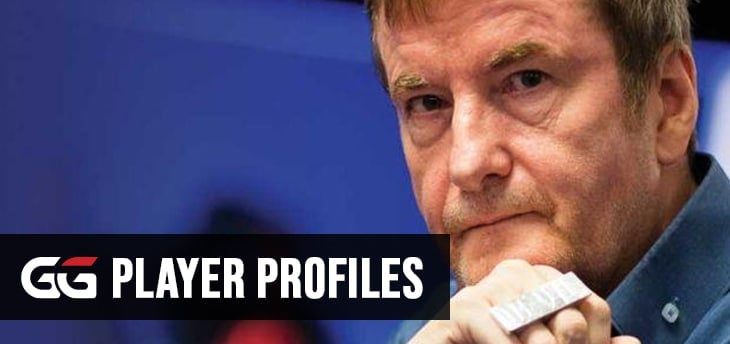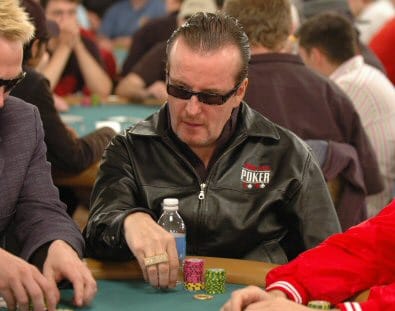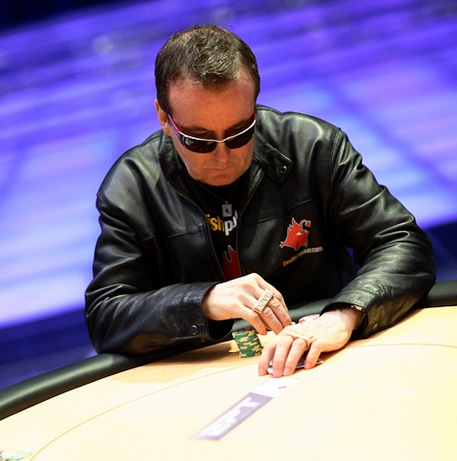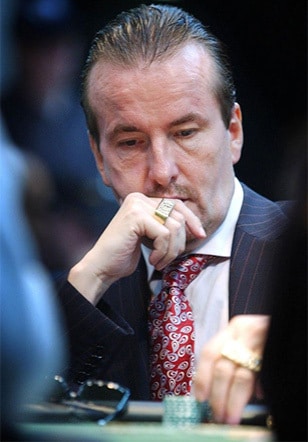-
Promotions
- Loyalty
- Welcome Bonus
- Fish Buffet
- Honeymoon for Newcomers
- Daily Promos
- $10M May Cash Giveaway
- Daily Freebie
- Mystery Envelope
- Daily Leaderboards
- Hold’em Daily Leaderboard
- PLO/PLO-5 Daily Leaderboard
- Rush & Cash Daily Leaderboard
- All-in or Fold Daily Leaderboard
- Spin & Gold Daily Leaderboard
- Short Deck Daily Leaderboard
- Flip&Go Daily Leaderboard
- Mystery Battle Royale Daily Leaderboard
- Signature
- GGCare & GGCheers
- Rush & Cash Friday
- Bubble Protection
- Spin & Gold Challenge
- Jackpots
- Bounty Jackpot
- Bad Beat Jackpot Rebirth
- All-In Fortune
- All-In or Fold Jackpot
- GGTeam
- Tournaments
-
WSOP
- WSOP
- WSOP Champions
- WSOP Bracelets
- WSOP Online
- WSOP Online 2023
- WSOP Online 2022
- WSOP Online 2021
- Road to WSOP
- Road to Vegas
- Road to WSOP Europe
- WSOP Online Circuit
- WSOP Summer Circuit 2023
- WSOP Spring Circuit 2023
- WSOP Winter Circuit 2022
- Blog
-
How to Play
- Get Started
- Poker School
- House Rules
- Cash Game
- Texas Hold’em
- Omaha
- 6+ Short Deck
- Unique Features
- Spin & Gold ELO
- Splash
- EV Cashout
- NFT Avatars
- Final Table Betting
- Social Features
- Staking Platform
- Smart HUD
- Smart Betting
- PokerCraft
- Final Table Features
- Card Squeeze
- Prop Bet
- Exclusive Games
- AoF Sit & Go
- All-In or Fold
- Mystery Battle Royale
- Spin & Gold
- Rush & Cash
- Flip & Go Renewal
- Funds
- Deposit & Withdrawal
- Real Money Poker
- Partners
- About Us
- Help
- Legal
- Safety & Security
PLAYER PROFILE – David ‘Devilfish’ Ulliott
- Posted on
- Posted Under Player Profiles

The competitive world of high-stakes poker is filled with exciting personalities. Many players are entertainers, getting the crowd on their side and keeping the game fun to watch. Some pros are instantly recognizable, whether through elaborate getups like Chris Ferguson’s cowboy attire or for their behavior at the table like Phil Hellmuth’s reputation as the “Poker Brat.”
One player with no shortage of personality and charm was Dave “Devilfish” Ulliott. With his iconic orange-tinted sunglasses, crisp leather jacket, and handmade gold knuckle duster-inspired rings reading “Devil” and “Fish,” he stood out at every table he played. His impressive tournament results and background as a reformed criminal solidified him as one of the most illustrious figures in the poker world. Today, we’ll take a deep dive into Ulliott’s life and poker career.
Player Overview
David A. Ulliott was an English professional poker player and gambler. Early on, he dropped out of school and became involved in the organized crime underworld of Hull, England. After a few stints in jail for crimes like fraud and robbery, Ulliott eventually reformed. He became a professional gambler and poker player, traveling around England in search of a good game.
Throughout Ulliott’s career, he earned numerous poker-related accolades. He has a World Series of Poker (WSOP) bracelet, a World Poker Tour (WPT) title, and over $6 million in total tournament earnings. One of the most successful British pros of all time, he was also a prominent figure on the TV show Late Night Poker. The show made Ulliott a household name in the British poker scene. Ulliott was inducted into the Poker Hall of Fame in 2017 for his contributions to the game.

Early Life
Ulliott had an unconventional childhood. He was born on April 1, 1945, in Hull, England. A natural-born hustler, he was always looking for ways to score a profit. At the tender age of five, he stirred up a storm by scamming the other kids at school. Disguising gravy packets as a beloved sweet known as Toff-o-Luxe, he sold them to other kids at half the original price. While the money he made was great, to him, the thrill of the experience was even better.
Ulliott spent the rest of his life looking for that same thrill. By 15, he had already left school. This was when he got his first introduction to poker. Playing home games with his family, he realized that poker gave him the rush he so desperately needed. “I hadn’t bothered with cards that much until then but I had always had what I learned was the gambler’s need for the buzz. The adrenaline kick was something that I’d always looked for, and soon I’d learn to get it from gambling”, Ulliott recounted in his autobiography Devilfish: The Life and Times of a Poker Legend.
It was also around that age that Ulliott entered the world of gambling. After being sent by his mother to fetch his father from the betting shop, he placed his first bet on a horse at 50-to-1 odds. He made £25 – two weeks’ worth of wages. As soon as this happened, Ulliott knew he couldn’t go back.
“Already I wasn’t betting for the fun, I was betting for the buzz. And, of course, for the winnings. But the money was just to fuel more betting … to try to win even more fuel. And that’s what money is to a gambler – fuel. It’s the stuff you throw in the furnace to get the engine working hard enough to take you where you want to go. In my first six months I probably bet more money and lost more money and won more money than my dad had in ten years. And it felt great.”

Birth of the Devilfish
After meeting his second wife, Mandy, Ulliott decided to retire from crime entirely. He became friends with a cafe manager, Gary Whitaker. The two traveled around the country playing poker, with Whitaker becoming Ulliott’s main driver and holding a 10% stake in all his winnings. On Ulliott’s first trip to London, he had to adjust his playstyle radically since people were harder to bluff. This worked out in the end, though, as he once went through five cities in a day, making a total of £35,000.
In 1996, Ulliott had a lucky break gambling at the Grosvenor Victoria casino, making £100,000 in two weeks. He and Whitaker decided to go to Vegas for the first time, where he participated in the 1997 Four Queens Poker Classic, playing the $500 Pot Limit Omaha event. Ulliott made it heads-up against renowned player Men “The Master” Nguyen.
Fans of Nguyen chanted, “Go on the Master!” in support. As a response, Whitaker chanted, “Go on the Devilfish”, referring to Ulliott. That nickname was actually coined months ago by another player in a private game. The name came from the Japanese fugu fish, which was highly poisonous if not expertly prepared. After Ulliott’s victory, the nickname stuck, with headlines reading “Devilfish Devours the Master.”

Poker Career
While in Vegas, Ulliott won a WSOP bracelet in the $2,000 Pot Limit Holdem game, earning $180,310. Afterward, he had the bracelet engraved with the nickname “Devilfish”. After the tournament, Ulliott continued his hot streak by playing cash games. He won thousands of dollars every day, making $742,000 by the end of the trip.
In 1999, the Late Night Poker series was commissioned by Channel 4. The show pioneered the use of hole card cameras, the technology considered one of the biggest reasons for competitive poker’s increase in popularity. Ulliott made it to the final table, absolutely destroying his competition.
One hand where he slow played a pocket aces that flopped to three-of-a-kind was praised by commentator Nic Szeremeta: “I’ve never seen a hand played so well.” Ulliott won the first season for £40,000, drawing in one and a half million viewers. His personality contributed significantly to the show’s popularity, leading to its renewal for multiple seasons.
In January 2003, Ulliott took down the World Poker Tour’s Jack Binion World Poker Open. He single-handedly eliminated four of the five other players at the final table, defeating Phil Ivey heads-up. WPT commentator Mike Sexton has referred to Ulliott’s run as “the most dominating performance in WPT history.”
Ulliott’s greatest tournament cash came in December 2007, with a third-place finish in the WPT Doyle Brunson Classic Championship Event for $674,500.


